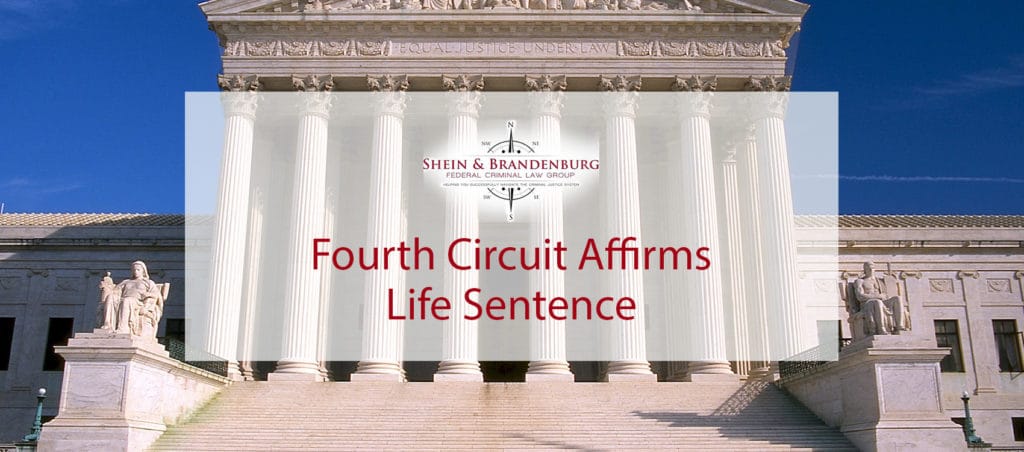Understanding Life Sentence Convictions
In July of 2018, the United States Court of Appeals for the Fourth Circuit affirmed the conviction of a defendant who was sentenced in 2017 to life imprisonment based on charges of kidnapping and conspiracy to commit kidnapping.
The History of the Life Imprisonment Conviction
The case arose concerning plans to kidnap the relatives of legal counsel who were blamed for the life sentence conviction of a gang-leader. During March and April of 2014, three groups of people were dispatched with the goal of kidnapping family members of state prosecutors who had created a case against the cult leader.
Later, in April 2014, one team of kidnappers successfully abducted the state prosecutor’s father. The victim was held prisoner in a small closet until he was rescued by the FBI’s Hostage Rescue Team.
The Response by the Fourth Circuit Court of Appeals
The defendant, in this case, appealed her conviction to the United States Court of Appeals for the Fourth Circuit on the basis that the trial court had erred by admitting at trial evidence of other bad acts she had committed. Similarly, the defendant argued that the court had inappropriately applied this evidence in increasing the penalties associated with her sentence as well as sentencing her to life in prison.
The Fourth Circuit Court of Appeals rejected each of these arguments and noted that the sentence was not disproportionate when the penalties of other conspirators were considered. The Court of Appeals also noted that the defendant maintained her innocence throughout the trial, unlike other conspirators who helped the FBI perform an investigation of how the kidnappings had been plotted and occurred.
The Role of Motions to Reconsider in Federal Appeals
Federal law prohibits motions to reconsider, which can result in a person’s sentence being reduced. Instead, parties who are interested in having a sentence adjusted must file a motion to alter or amend the judgment or a motion seeking relief from the judgment.
Individuals who are interested in filing these motions must quickly obtain skilled legal counsel because there is often a strict window of time in which to file these motions.
Some of the situations in which courts will decrease sentences include when newly discovered evidence has been revealed, the lower court’s judgment is based on clear error, the lower court’s judgment is unjust, or a change in the law that decides the sentence was made effective after the date of entry of judgment.
To decrease a sentence, a defendant must establish both that sufficient facts and evidence exist to support doing so and that a miscarriage of justice will occur if the sentence is not altered.
Speak with a Skilled Criminal Defense Lawyer
Filing a motion to alter or amend a judgment is just one of several complications that can arise in appealing criminal convictions by federal courts. If you or a loved one needs assistance with a federal criminal appeal, obtain the assistance of a skilled attorney. Contact the Federal Criminal Law Center today to schedule a free case evaluation.


